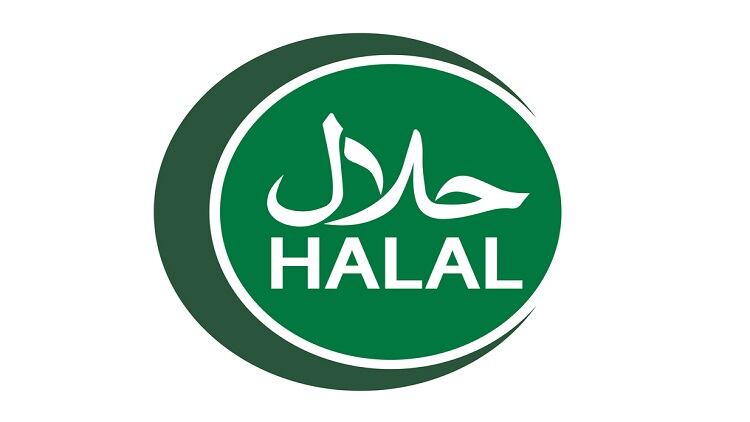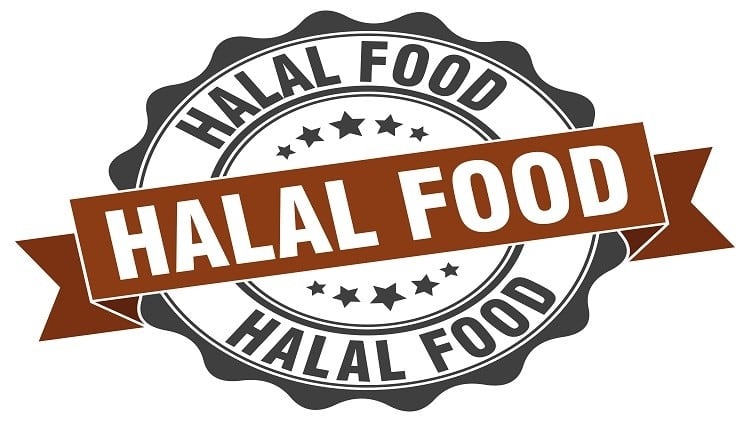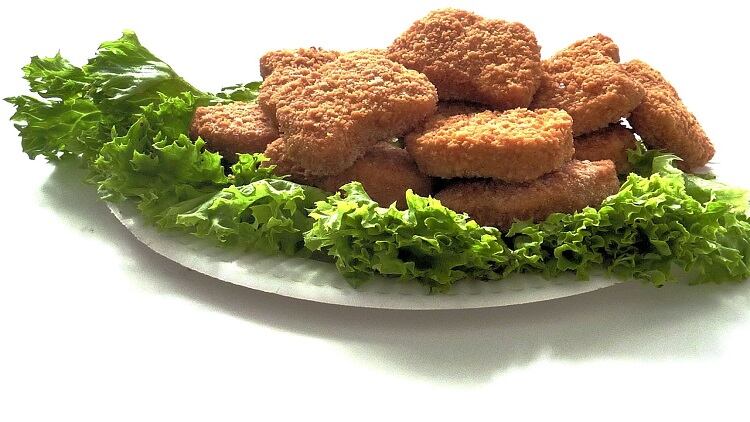China is a lucrative market especially for food products, and is the second largest halal food export destination for Malaysia as of the third quarter of 2018.
Among the top three halal food export destinations, Singapore was the largest buyer of Malaysia’s products, while Indonesia took the third place last year.
In total, the three markets contributed about RM$5bn (US$1.2bn) in terms of Malaysia’s halal food exports last year.
To expand in big consumer markets, Malaysia has been positioning its exports as “premium products”, especially in the case of China, Hanisofian Alias, Malaysia’s Halal Industry Development Corp (HDC) vice president – a unit of the country’s Ministry of Economic Affairs told FoodNavigator-Asia.
“From our experience together with our trade promotion agencies, the demand from China for food products is especially very high.
“In an interview with some of our companies which are exporting to China, they said the sales growth is almost two digits every year,” Alias said.
In terms of demands, it is observed that the Chinese consumers would like to see more options, more new products, and value-added products.
As the Chinese consumers’ standards of living and spending power grow, the consumers tend to see imported products as a sort of premium product that they would like to have, he added.
“(That is why) for Malaysia, when we export to China, we always like to position our product as a type of premium product.”
In terms of product category, cereal-based products, confectionery, and canned products are the most sought after halal food in China and Indonesia.
Elsewhere in other markets, such as Japan, the US, and Europe, Malaysia is seeing a higher demand for halal-certified ingredients.
One popular ingredient is halal-certified palm oil, which takes up about 80% of Malaysia’s ingredients export.
“It is in demand in Japan, the US and Europe. (This is because) halal certified palm oil fats is a good replacement for animal fats in terms of halal, so is a good alternative for companies wanting to enter the halal markets,” he explained.
New markets
Besides strengthening existing markets, HDC has identified India, Pakistan, and Central Asia as new potentials.
“When we look at the new markets, we look at their Muslims population, their GDP growth, their purchasing power, income, and historical data on the current market, we make rough estimations to identify these markets,” Alias said.
He acknowledged that the volume of halal food exported to these countries is “not very big”, but stressed that “there is a lot of potential.”
With the purpose of achieving sustainable economic development via the export of halal products, HDC aims for Malaysia to export as much as RM$50bn (US$12.1bn) of home-grown halal products by 2020.
Last year, Malaysia exported about RM$43bn (US$10.5bn) of halal goods, of which 30% came from the export of halal food.
To do ramp up exports of halal food, HDC will draft market strategies, considering cross border issues, harmonisation of food regulations, and product innovation, while working with different stakeholders for trade promotion at the same time.
Building halal at home
HDC is assisting SME adopt halal standards with help from MNCs.
Via the “MNC partnership program”, HDC oversees the integration of halal manufacturing practices for MNCs entering the Malaysian market, in turn, the MNCs will share their experience with Malaysia’s SMEs.
Denmark-based Arla Foods, which is planning to enter Malaysia’s halal food market, is the latest MNC to join the program.
“Right now, we have completed integrating halal compliance into their quality assurance system, providing advisory service to them.
“Once they have this system in place, we will like them to share it with our local SMEs to establish a similar system in terms of halal compliance.
“By the second quarter of this year, we hope to organise our first mentoring program for our SMEs on how can they adopt quality system that Arla has developed inside their manufacturing system,” Alias said.





